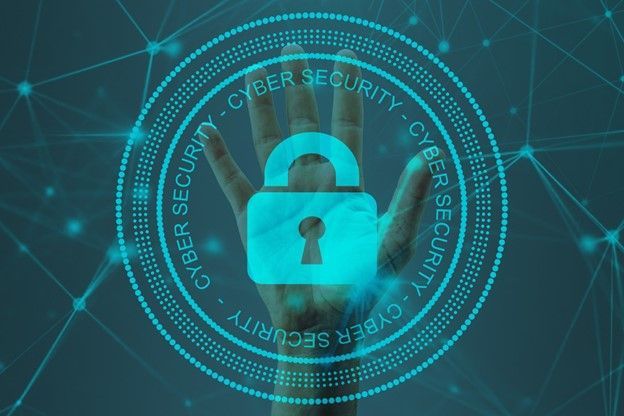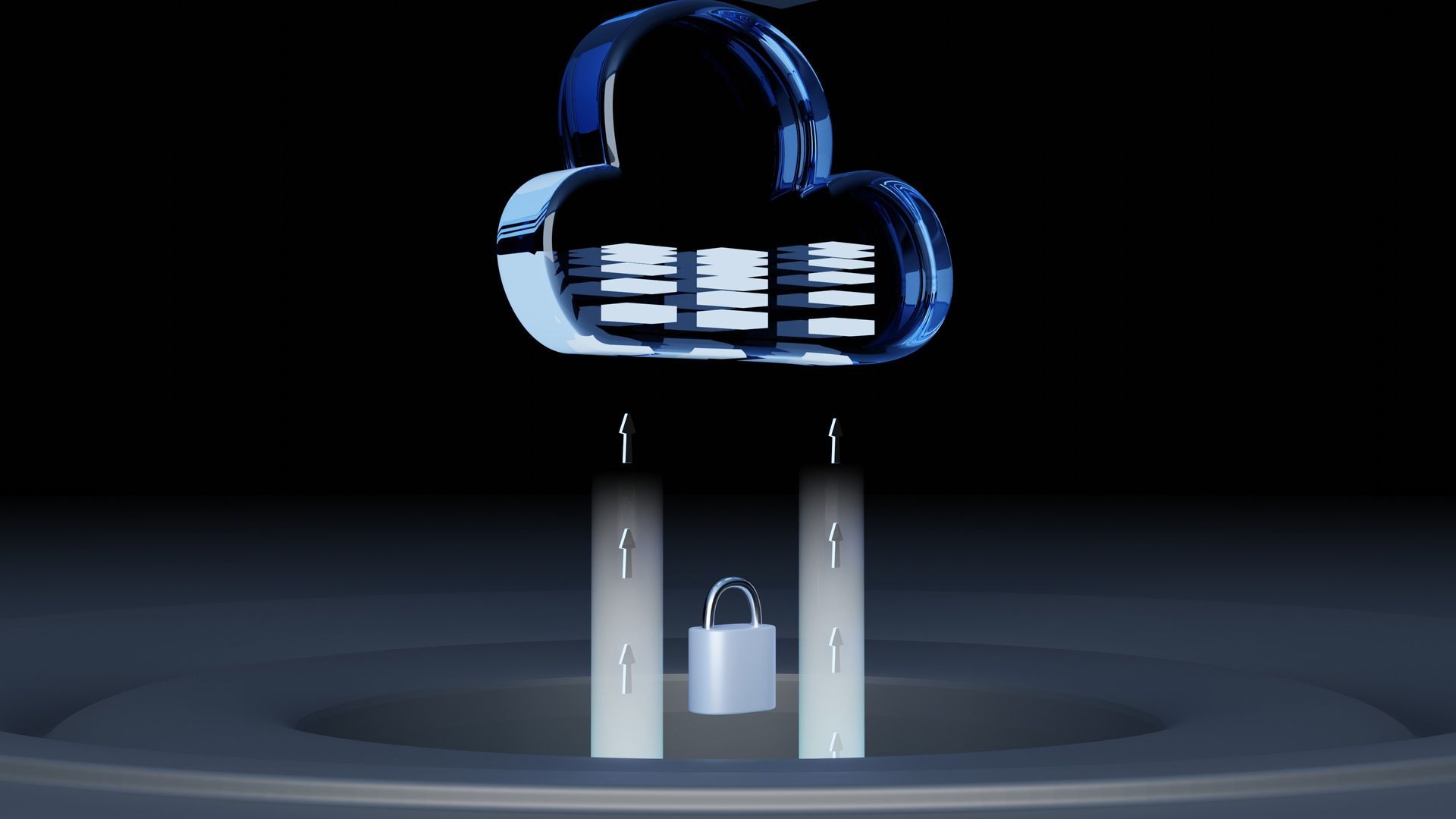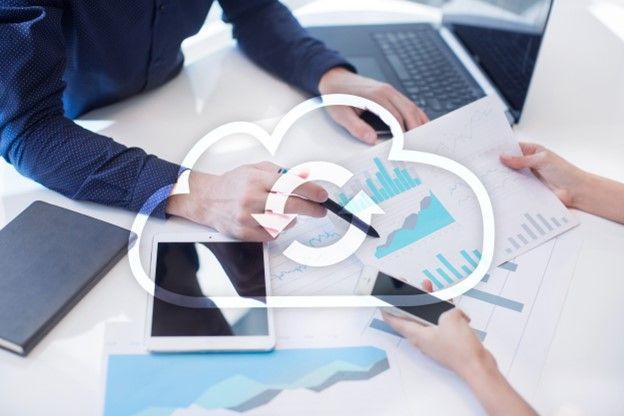What Every Business Needs to Know About Cybersecurity

Cybersecurity is a critical issue for businesses of all sizes. In a recent report, at least 65,000 vulnerabilities were reported by ethical hackers in 2022 alone, which is 21% more than in 2021. Therefore, businesses must proactively protect their assets and data from cyber threats.
While there are many approaches to cybersecurity, Cisco Meraki offers a comprehensive suite of solutions to help organizations protect their data, systems, and networks.
Keep reading to learn more about cybersecurity and why it is a must-have for businesses of all sizes.
Why Is Cybersecurity Important for Every Business?
Cybersecurity has become an essential component of business strategy, as it protects sensitive information and ensures business continuity. With the rise of remote work and online transactions, cybersecurity has become more critical than ever—there has been an 81% rise in cyber threats since the pandemic.
Hackers and cybercriminals are constantly looking for ways to exploit weaknesses in security systems, steal data, and disrupt business operations. They use various methods to access sensitive information, including phishing, malware, and social engineering. These attacks can have devastating consequences for businesses, resulting in financial loss, damage to reputation, and legal repercussions.
Investing in cybersecurity measures can help protect businesses from these threats. It involves implementing various technologies and policies to prevent, detect, and respond to cyberattacks. Cybersecurity measures may include firewalls, encryption, intrusion detection systems, and employee training programs. By prioritizing cybersecurity, businesses can mitigate these risks and ensure long-term success.
The Different Types of Cybersecurity Every Business Should Invest In
Every business should be aware of several types of cybersecurity to protect their data and assets effectively. Each type of cybersecurity is vital for protecting the business's data and assets. Companies can effectively protect themselves from cyber threats by implementing a comprehensive cybersecurity strategy that addresses these areas.
Here are the main categories:
Network Security
This cybersecurity protects the business's computer networks from unauthorized access, hacking, and malicious activities. It involves implementing firewalls, access control systems, and intrusion detection systems.
Endpoint Security
Endpoint devices such as laptops, desktops, and mobile devices are vulnerable to attacks and can compromise the entire network's security. Endpoint security protects these devices from viruses, malware, and other cyber threats.
Application Security
Applications and software programs that businesses use are also at risk of being exploited by cybercriminals. Application security involves testing and securing these programs to prevent attacks and data breaches.
Cloud Security
As more businesses move to cloud-based solutions, cloud security measures are even more important to have in place to protect data stored in the cloud. Cloud security involves securing cloud-based servers and data centers.
Physical Security
Physical security protects the business's physical assets, such as servers, data centers, and other critical infrastructure. This includes implementing access control systems, video surveillance, and other physical security measures.
How to Implement Cybersecurity in Your Business
Businesses can implement cybersecurity measures in their business by following these steps:
Assess Your Risks
Identifying potential threats to your business and their impact is the first step to building a strong security plan. This will help you prioritize your cybersecurity efforts and allocate resources effectively. Consider conducting a comprehensive risk assessment that evaluates your network, hardware, software, and data.
Develop a Cybersecurity Plan
Your plan should outline your cybersecurity objectives, identify the controls you will implement, and define the roles and responsibilities of your team. It should also include incident response procedures, which outline the steps you will take in the event of a cyberattack or data breach.
Implement Controls and Best Practices
This includes implementing security policies and procedures, such as password policies, access controls, and data backup and recovery procedures. You should also consider implementing security technologies such as firewalls, intrusion detection and prevention systems, and antivirus software. Additionally, it's essential to provide regular cybersecurity training to your employees to help them recognize and respond to potential threats.
Regularly Monitor and Test Your Cybersecurity Controls
Implementing cybersecurity controls is not a one-time effort. It's essential to regularly monitor and test your controls to ensure they are effective and up-to-date. Conduct regular vulnerability assessments and penetration testing to identify weaknesses in your network and systems. Review your security logs and alerts to identify potential threats and respond promptly.
Invest in the Right Tools and Solutions
When implementing cybersecurity measures in your business, various tools and solutions are available on the market. However, choosing a comprehensive and reliable cybersecurity solution that can protect against all kinds of threats is crucial.
Cisco Meraki is one such solution that offers an integrated and cloud-based approach to network security. Its comprehensive features and easy-to-use dashboard allow you to manage and monitor your network security in real-time easily.
Here are the key features of Cisco Meraki solutions that can help you implement cybersecurity in your business:
● Firewall and intrusion prevention: Cisco Meraki's stateful firewall and intrusion prevention system can identify and block various attacks, including malware, ransomware, and phishing.
● Content filtering: With content filtering, you can block access to websites and applications deemed unsafe or irrelevant to your business.
● VPN: Cisco Meraki's VPN provides a secure and encrypted connection between remote employees and your business network, ensuring secure access to sensitive data.
● Mobile device management: You can monitor the security of mobile devices used to access your business network.
● Threat intelligence: Cisco Meraki constantly monitors and analyzes threat intelligence data to detect and prevent emerging threats.
Cyber threats constantly evolve, so staying up-to-date with the latest cybersecurity trends and best practices is essential. With regular firmware updates in Cisco Meraki solutions, it is effortless for network administrators to utilize the latest security enhancements.
Protecting your business’s systems, networks, and data can help prevent security incidents, maintain your reputation, enhance productivity, and reduce costs. So, if you haven’t already done so, it’s time to prioritize cybersecurity in your business. Boost your
cybersecurity today; contact
IBOXG. Our team of experts can help you assess your cybersecurity risks and develop a customized solution tailored to meet your business needs.
Reach out to us today to learn more.








